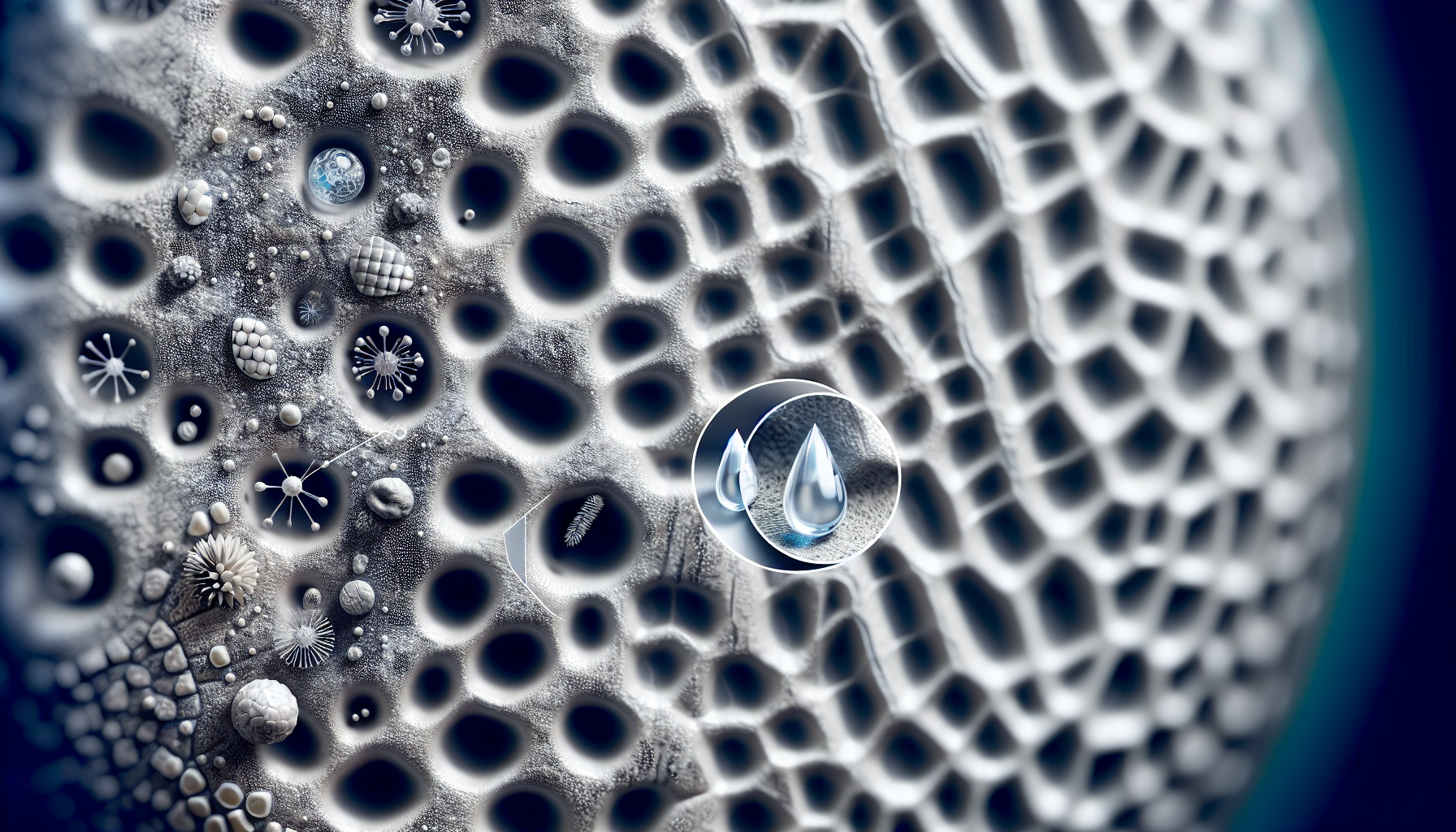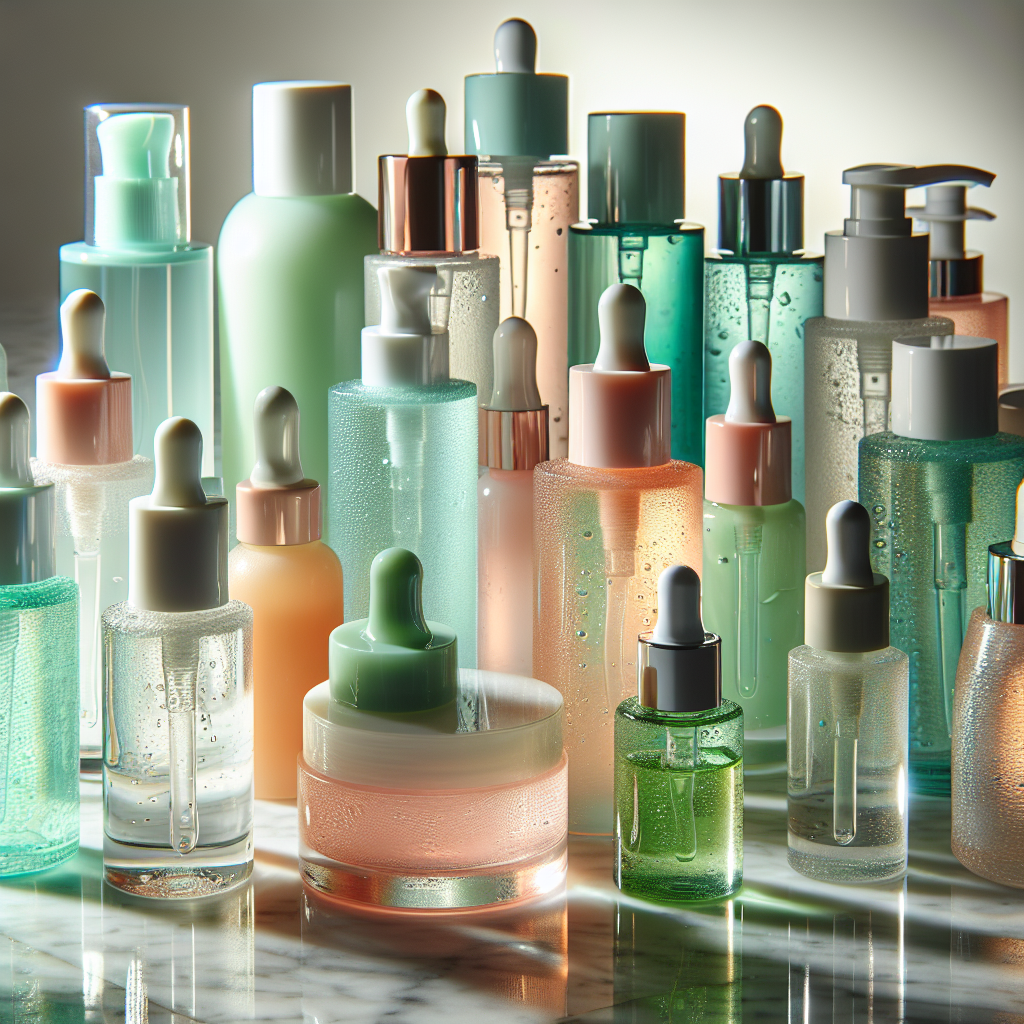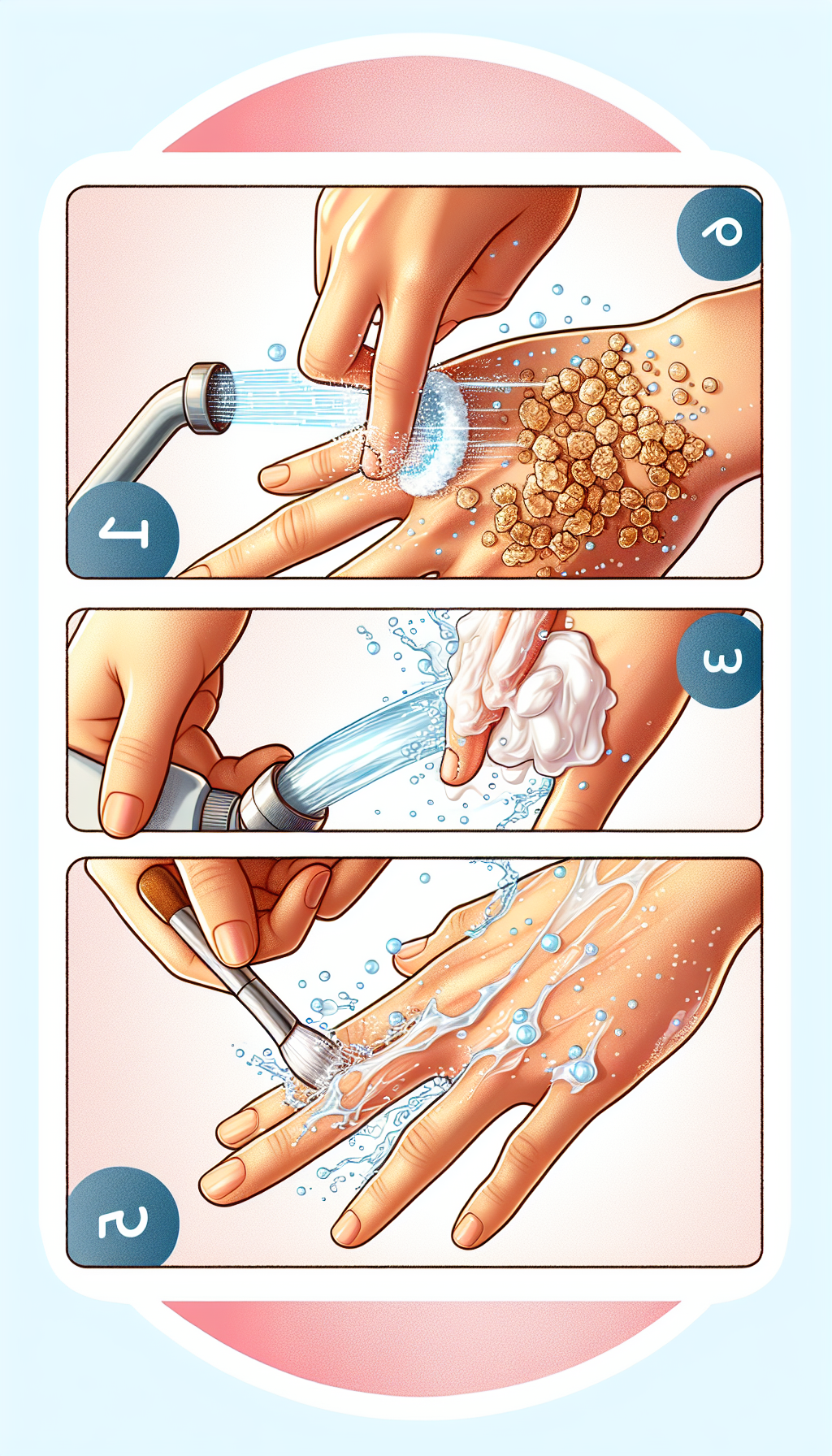Proper hydration is a cornerstone of overall health, and its impact on skin health is profound. Our skin, the largest organ of our body, requires a consistent supply of water to function at its best. This article will explore the critical role that hydration plays in maintaining skin health, delving into the science behind it, and offering practical tips to keep your skin hydrated.
Understanding Skin Hydration
The skin is made up of multiple layers, with the outermost layer, the stratum corneum, acting as a barrier to protect the underlying tissue from pathogens, chemicals, and physical impacts. Water content within the skin is essential for its pliability, resilience, and overall health. Adequate hydration helps the skin to maintain its protective functions and enhances its appearance, giving it a plumper, more vibrant look.
For an in-depth understanding of skin structure and functions, Skin Health offers valuable insights into the complexities of our skin and its care.
The Science of Hydrated Skin
At a cellular level, water is crucial for the biochemical reactions that occur within skin cells. It facilitates the delivery of nutrients and the removal of waste products. Well-hydrated skin is more efficient in performing these functions, which in turn can help in cell regeneration and maintaining the skin’s natural balance.
Research has shown that hydration affects skin elasticity, which is the skin’s ability to return to its original state after being stretched. Loss of elasticity is a common sign of skin aging. A study published in the International Journal of Cosmetic Science found that higher water intake improved skin hydration and function, leading to enhancements in skin elasticity and density.
To further explore the scientific connection between hydration and skin health, resources such as the Dermatology Research and Practice journal provide peer-reviewed articles and studies.
Benefits of Hydration for Skin Health
Enhances Skin Barrier Function
The skin barrier is the frontline defense against environmental aggressors. Proper hydration helps maintain the integrity of this barrier, ensuring that it remains effective in protecting the skin from irritants and infections.
Supports Detoxification
Hydration aids the skin’s natural detoxification process by helping to flush out toxins and impurities through sweat. This cleansing effect can lead to clearer, more radiant skin.
Prevents Premature Aging
Chronic dehydration can contribute to the appearance of fine lines and wrinkles. Keeping the skin hydrated can help to slow the visible signs of aging by plumping up the skin and reducing the prominence of wrinkles.
Reduces Acne and Blemishes
Sufficient hydration can help regulate oil production in the skin. When the skin is dehydrated, it may produce excess oil to compensate, which can lead to acne and blemishes. Hydrated skin is less likely to experience these issues.
For more insights into the connection between hydration and acne prevention, the article The Importance of Skin Hydration for Acne Prevention is an excellent resource.
Practical Tips for Keeping Your Skin Hydrated
Drink Plenty of Water
The most straightforward way to hydrate your skin is by drinking enough water throughout the day. While the "8 glasses a day" rule is a common guideline, individual needs may vary based on factors such as climate, activity level, and overall health.
Use Hydrating Skincare Products
Incorporate skincare products that contain hydrating ingredients like hyaluronic acid, glycerin, and ceramides. These substances help to attract and retain moisture in the skin.
Limit Exposure to Harsh Environments
Extremes of climate and exposure to harsh winds or sunlight can strip moisture from the skin. Protective clothing and the use of a good quality sunscreen can mitigate these effects.
Adjust Your Diet
Your diet plays a significant role in skin hydration. Foods rich in water, such as cucumbers, tomatoes, and watermelon, can contribute to your overall hydration status. Additionally, omega-3 fatty acids found in fish, flaxseeds, and walnuts can help maintain your skin’s lipid barrier, which retains moisture.
For more information on how your diet affects skin health, consider reading Nutrition and Skin Health: What to Eat for a Glowing Complexion.
Monitor Your Skin’s Hydration Level
Be aware of signs that your skin may be dehydrated. These can include dullness, tightness, and the aforementioned increase in visible fine lines. If you notice these signs, it may be time to reevaluate your hydration habits.
Use a Humidifier
Especially in dry climates or during winter months, using a humidifier can add moisture to the air and help prevent your skin from drying out.
Avoid Over-Cleansing
Over-cleansing can strip the skin of its natural oils and moisture. Use gentle, non-soap cleansers and avoid washing with hot water, which can further dehydrate the skin.
Advanced Hydration Techniques
In addition to the basic tips above, there are advanced techniques and treatments for those looking to enhance their skin’s hydration levels.
Professional Hydration Treatments
Professionals offer various hydration treatments, such as hydro facials or hyaluronic acid injections, which can provide an immediate boost to the skin’s moisture levels.
Topical Antioxidants
Antioxidants can protect the skin from oxidative stress, which can dehydrate skin cells. Products containing vitamins C and E are particularly effective.
The Journal of Clinical and Aesthetic Dermatology is an excellent resource for the latest research on the role of antioxidants in skin health.
Regular Exfoliation
Gentle exfoliation removes dead skin cells that can prevent moisture from penetrating the skin. Follow exfoliation with a hydrating moisturizer for best results.
Conclusion
Hydration is not just about quenching thirst; it’s a vital component for maintaining skin health and vitality. By drinking enough water, using appropriate skincare products, and following a balanced diet, you can help your skin retain its moisture and elasticity. Remember, while external products can aid hydration, internal hydration through adequate water intake is irreplaceable. Take care of your skin from the inside out, and it will reflect on the outside with a healthy, radiant glow.
For those seeking to delve deeper into the science of skin health and hydration, niche resources such as the American Academy of Dermatology offer a wealth of information on the subject. By educating yourself and applying these principles, you can help ensure that your skin remains hydrated and healthy for years to come.



